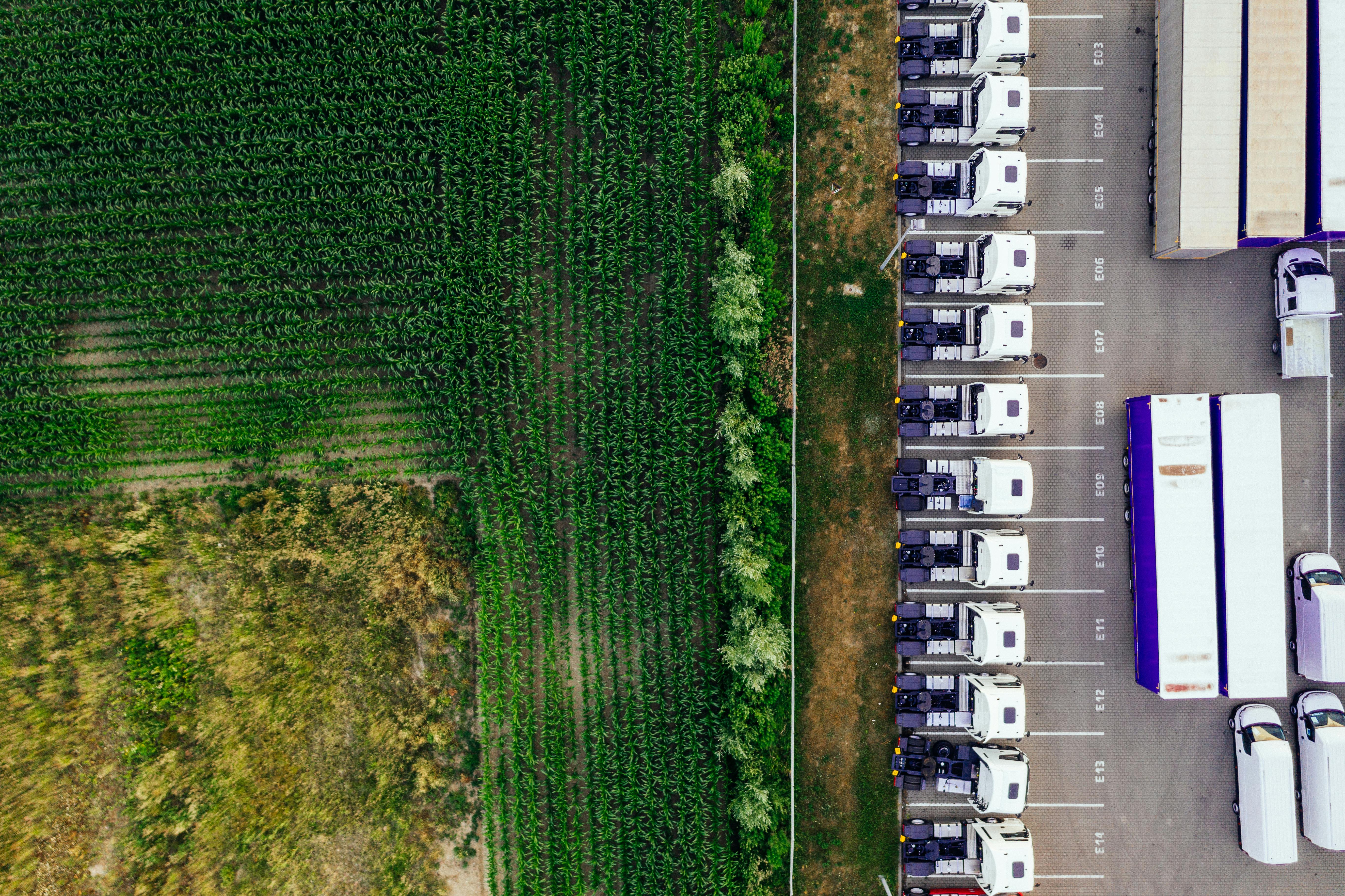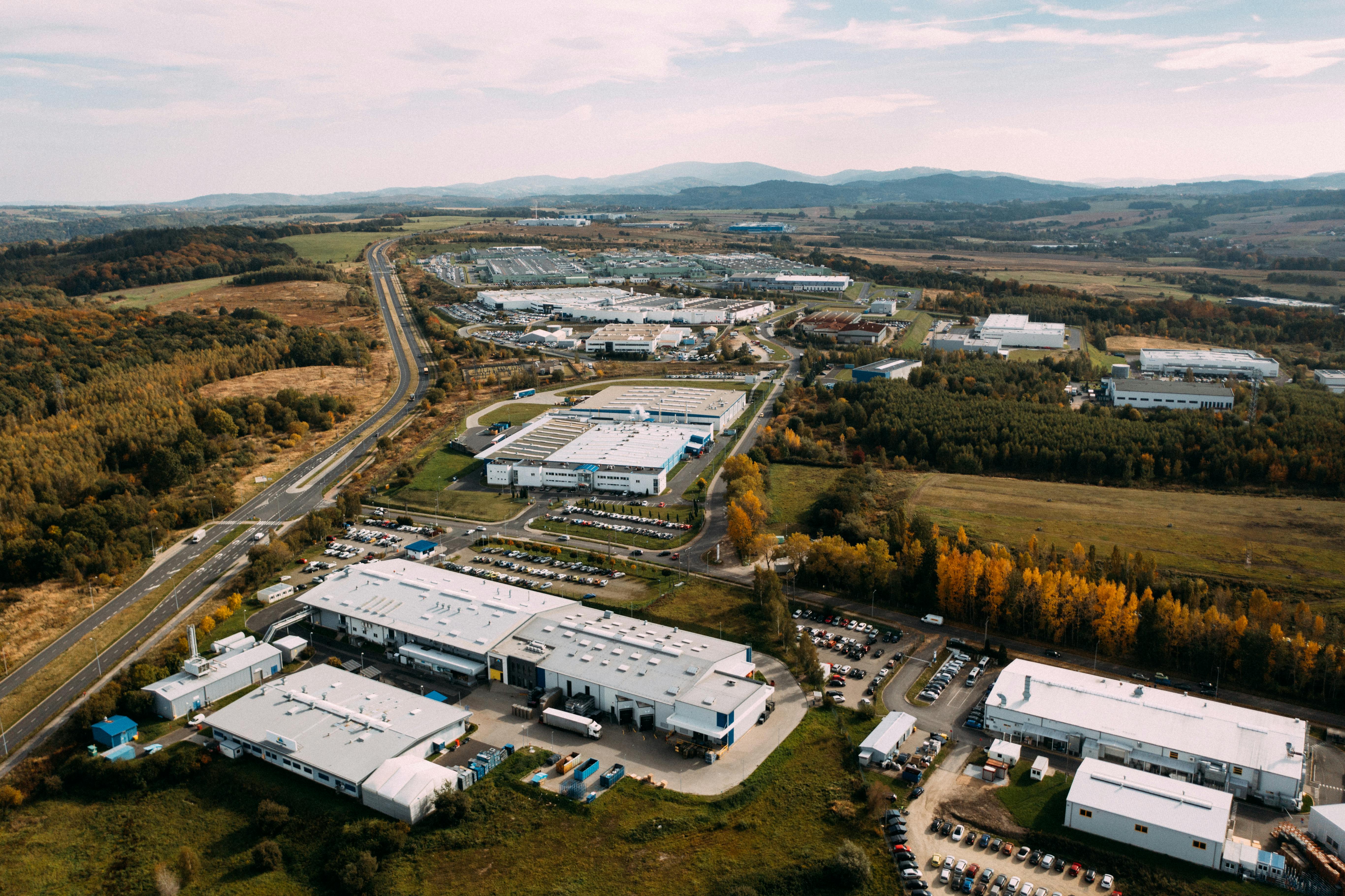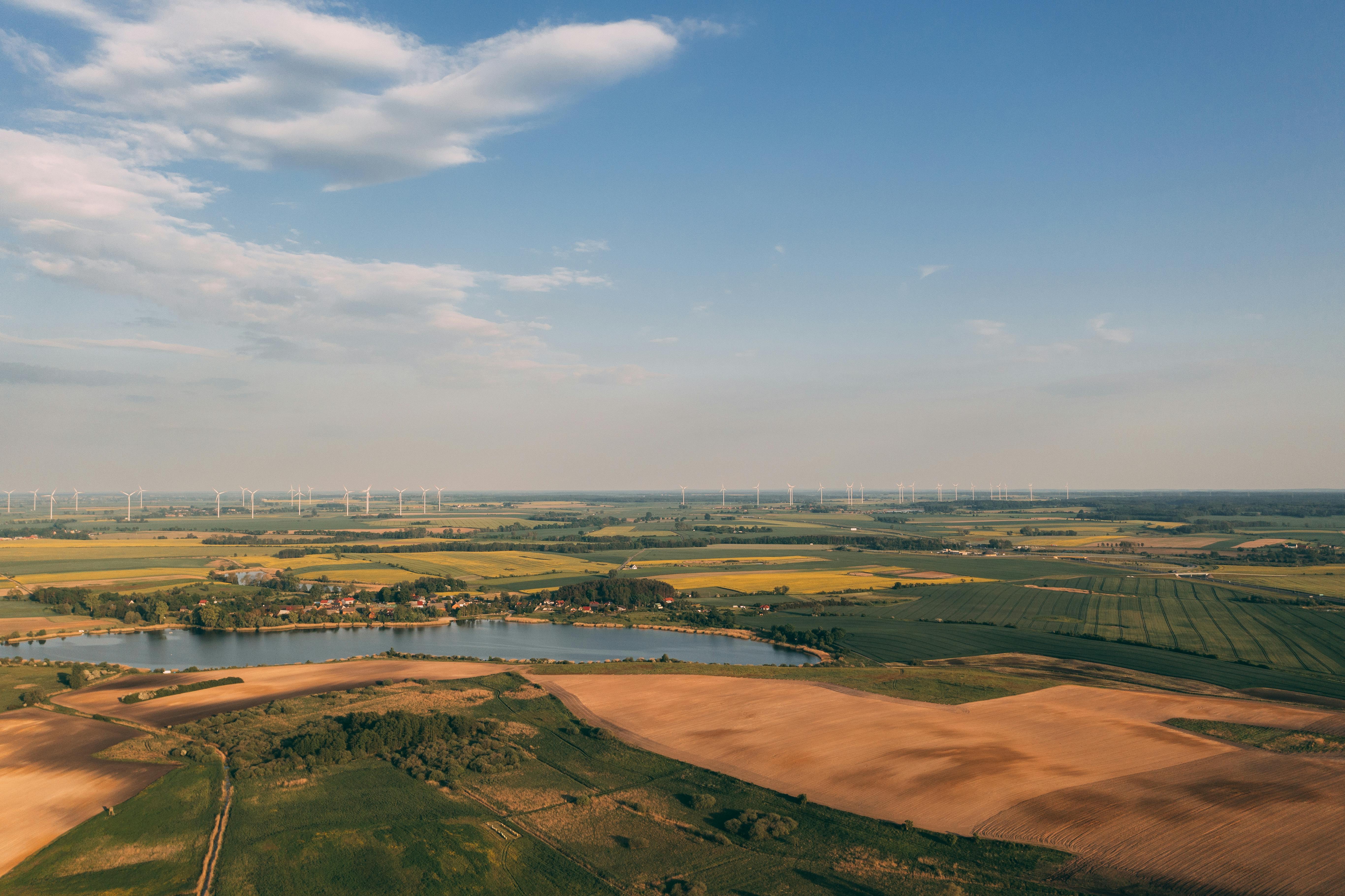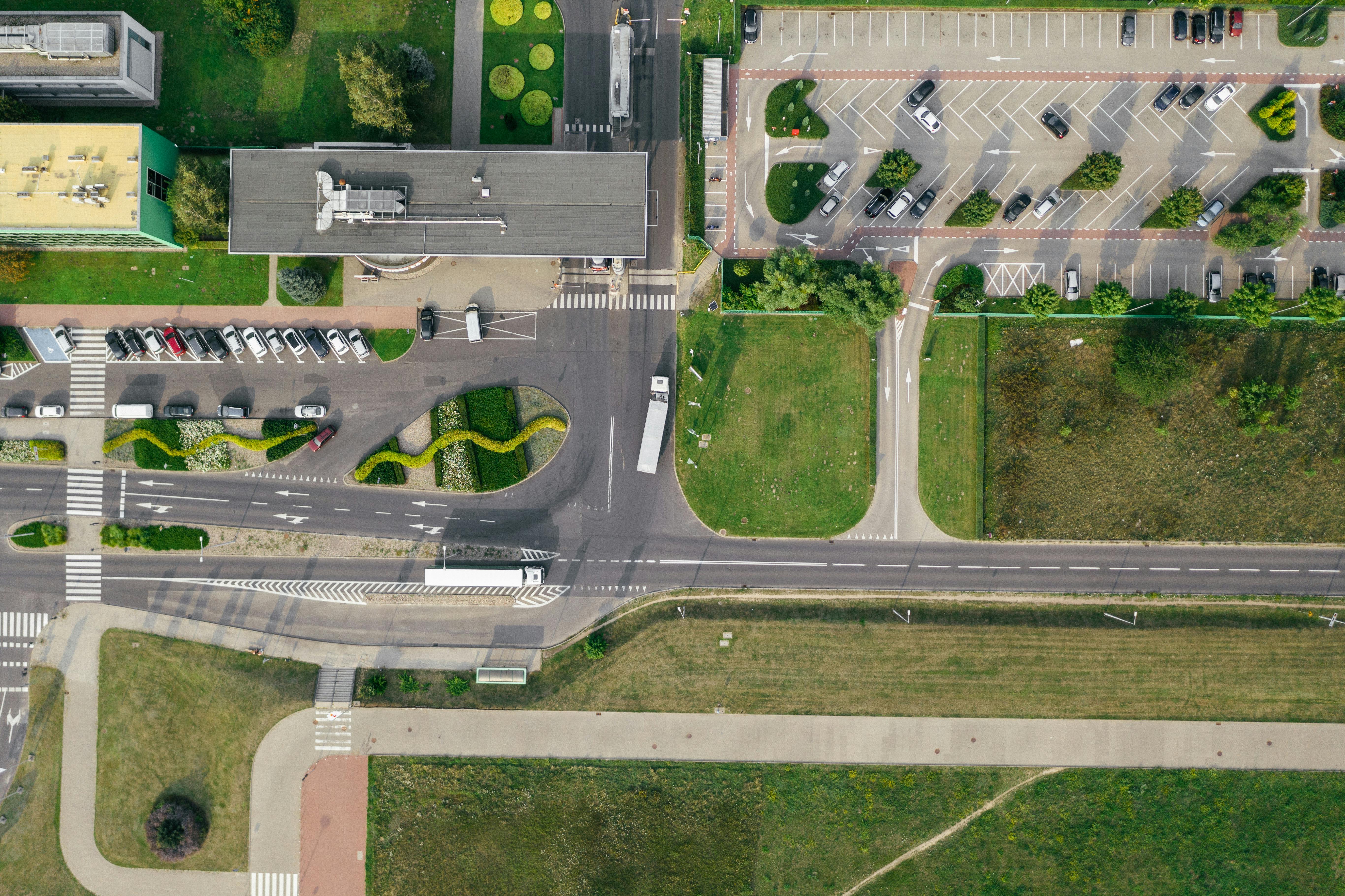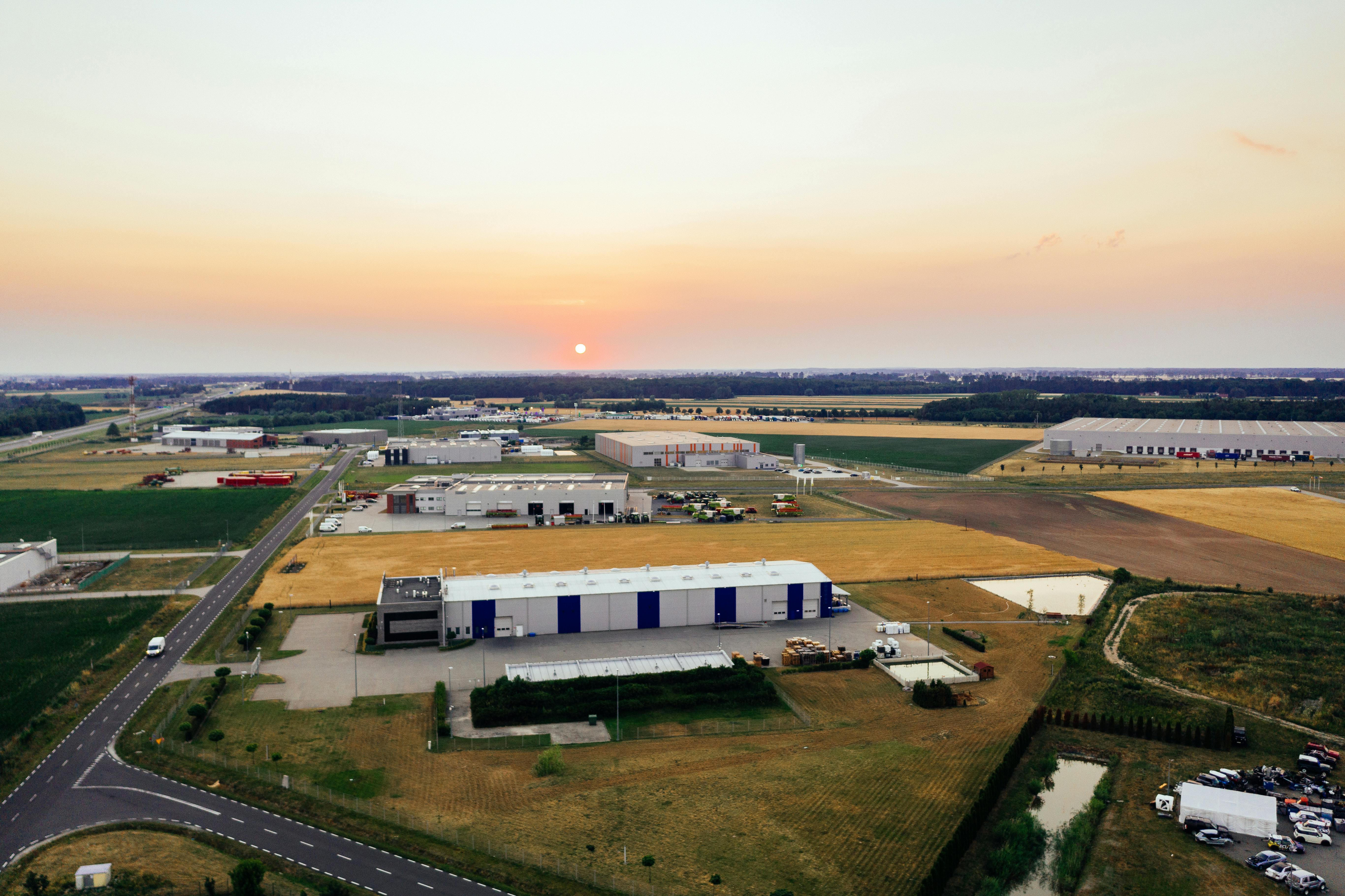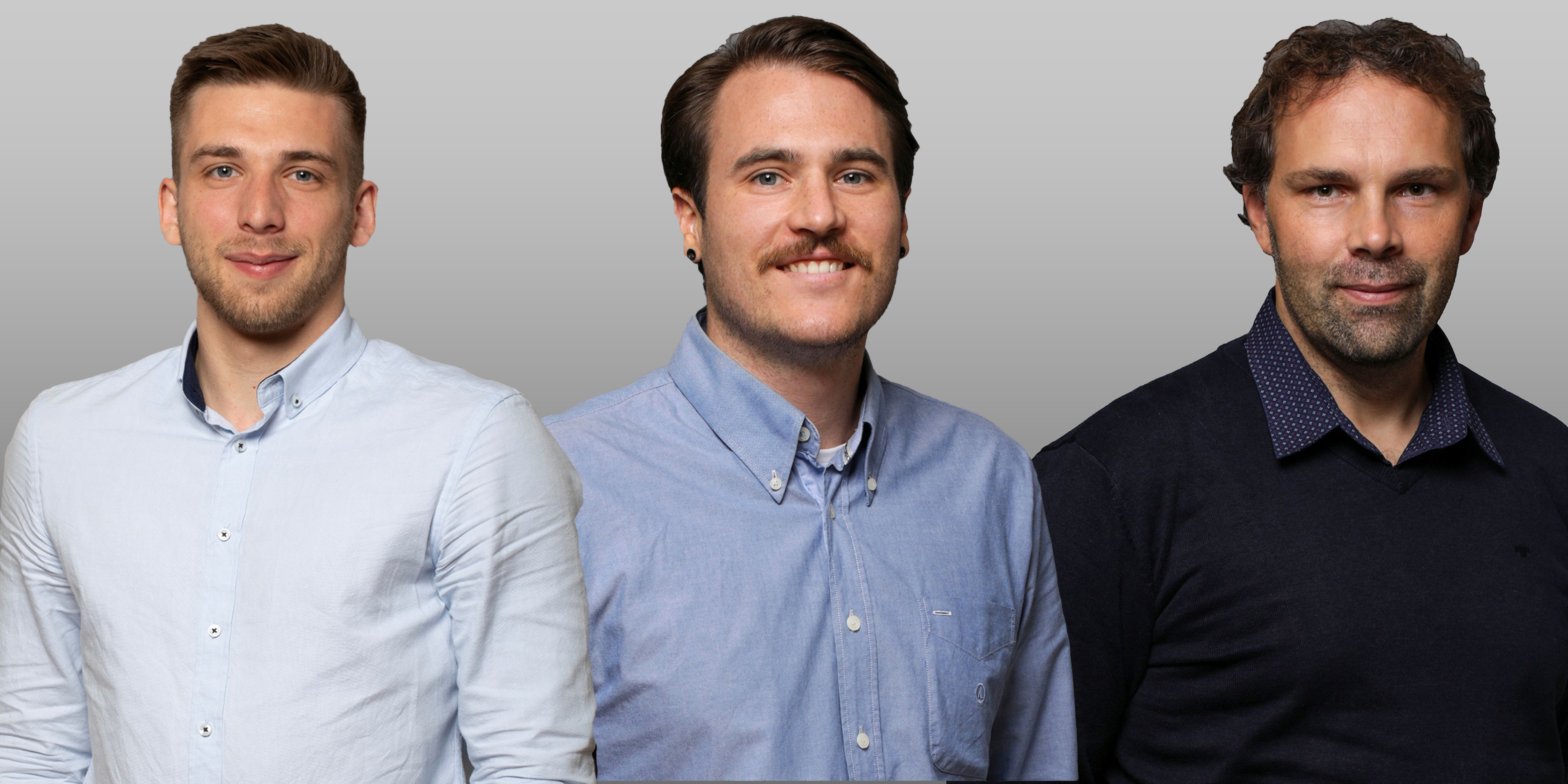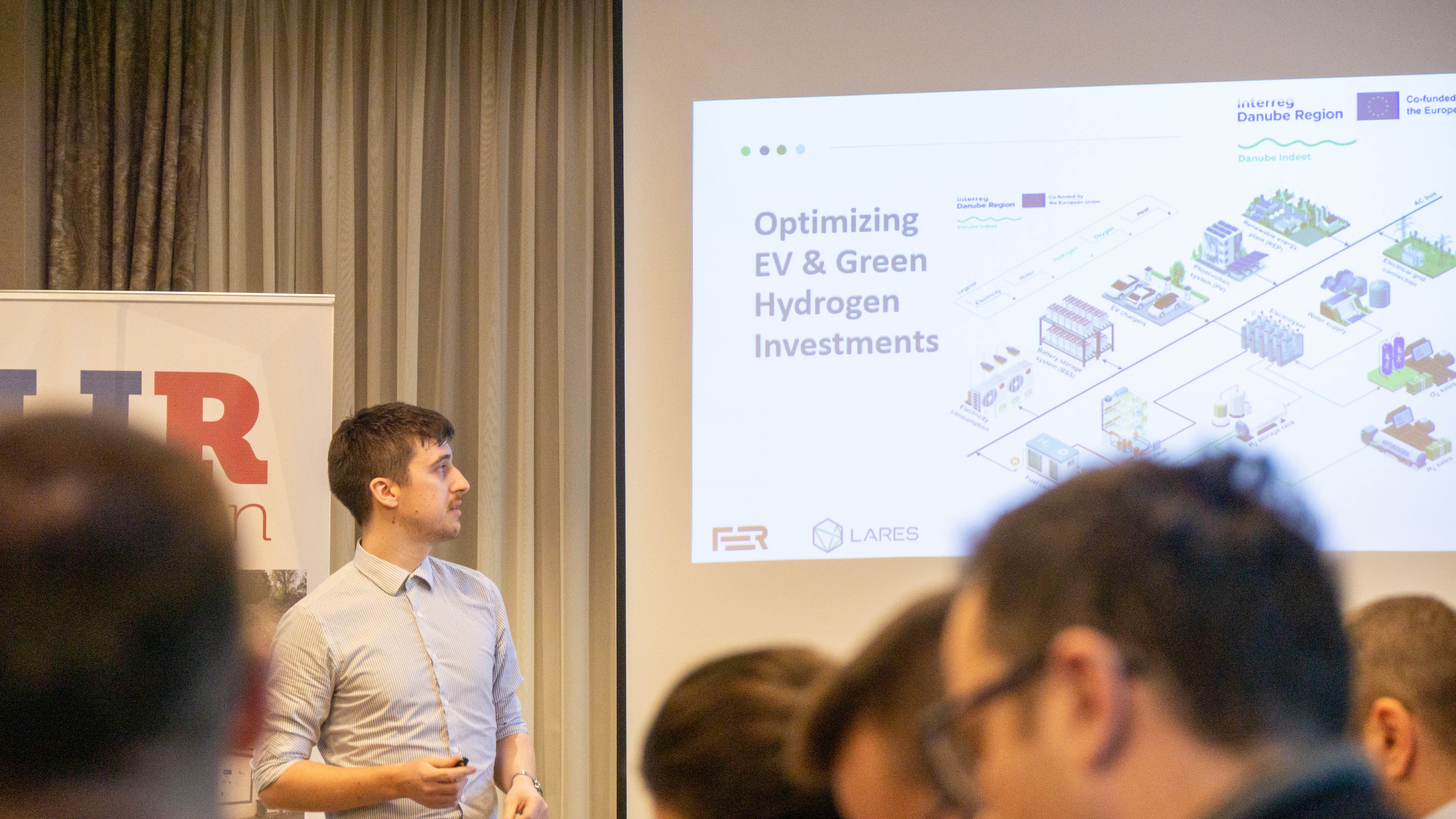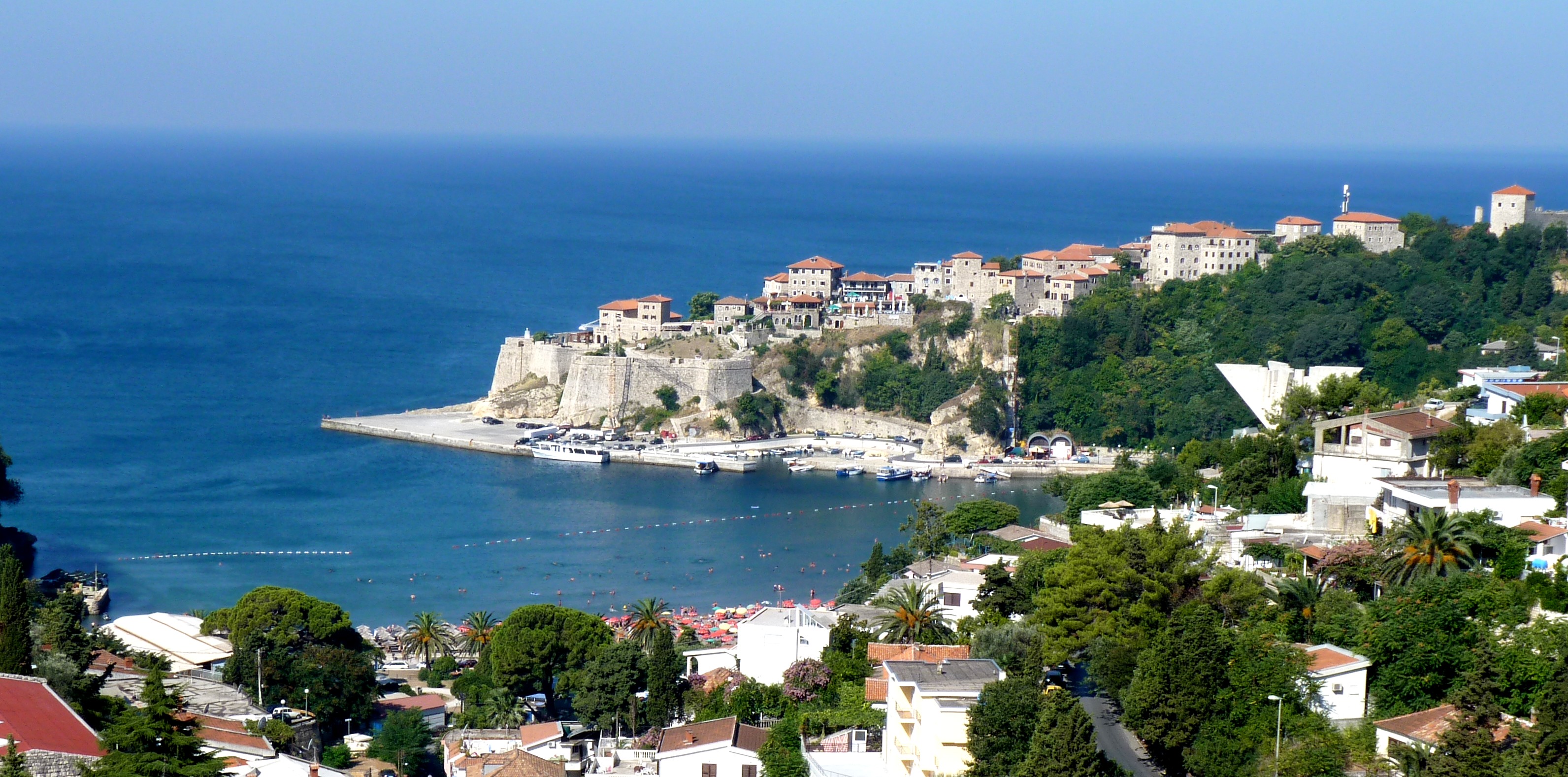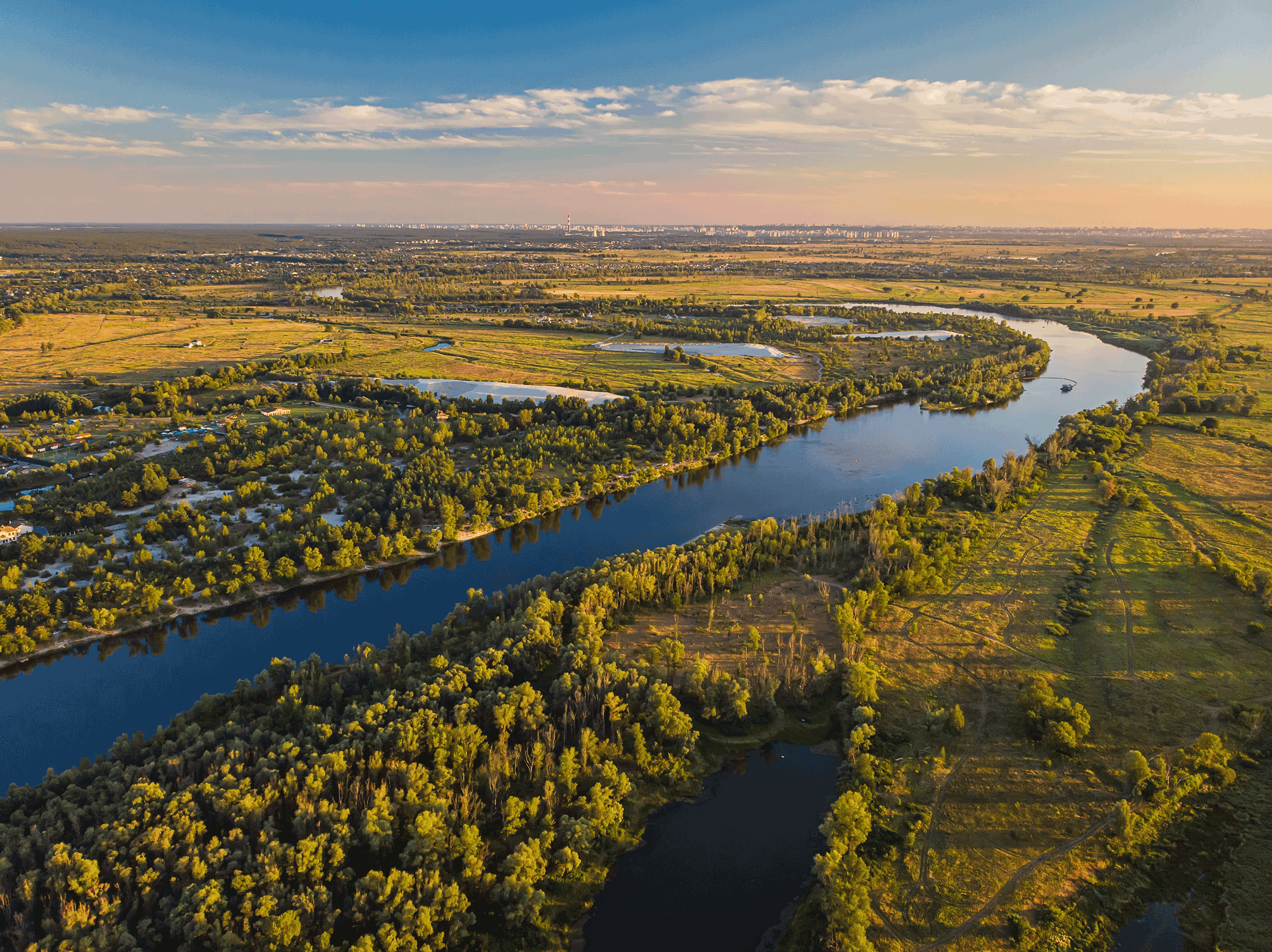
Welcome to the Danube Indeet website!
Danube Indeet - Integrated and decentralised concept rethinking energy and transport systems based on renewable energy in the Danube region
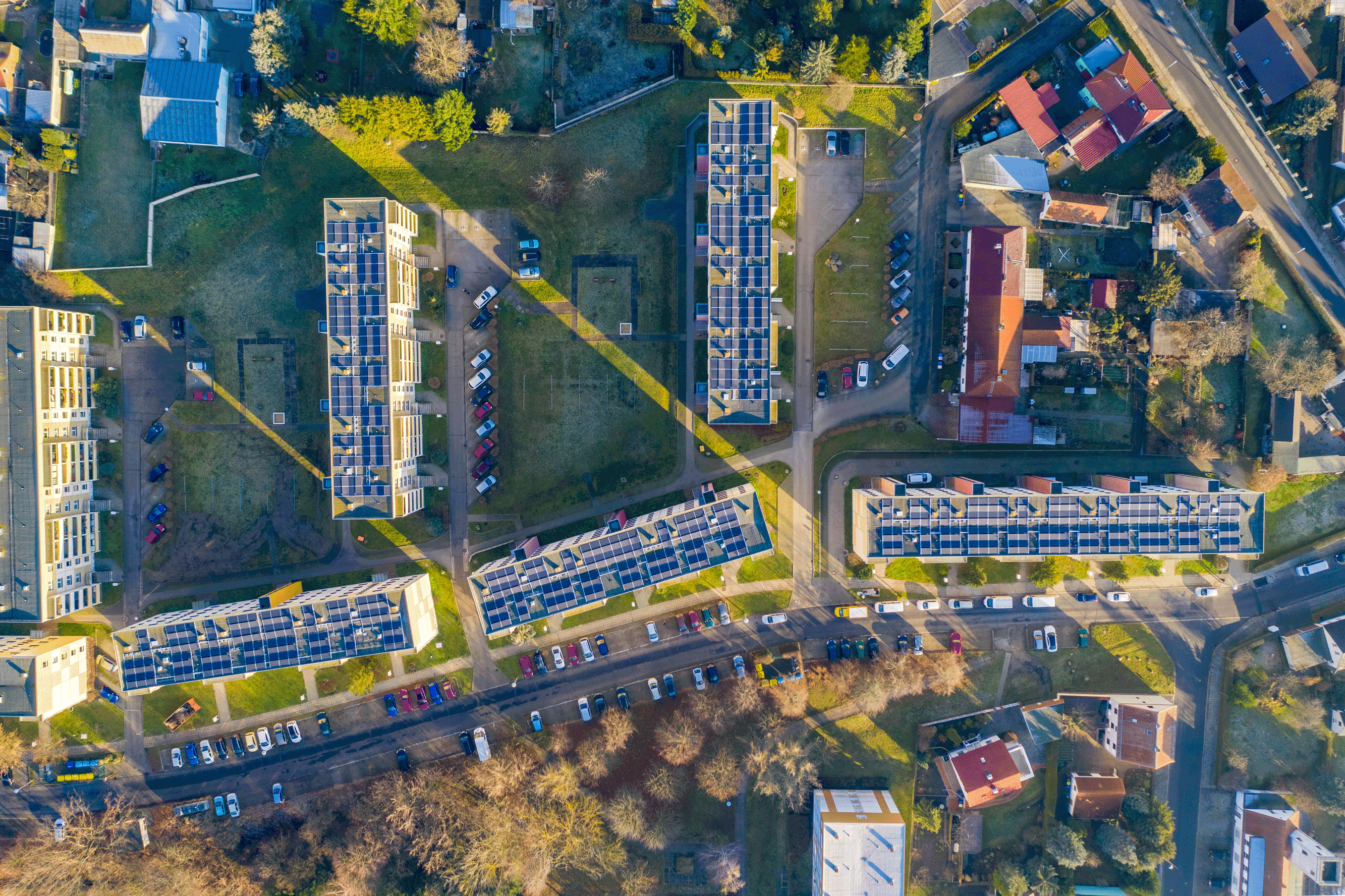
What Danube Indeet aims to achieve?
Danube Indeet will facilitate the expansion and implementation of renewable energy in the Danube region. Renewable energy expansion requires extension of the electricity grid, which often cannot be carried out at the same pace. Thus, the fluctuating electricity needs to be stored and utilised outside the electric grid to a certain extent. Danube Indeet tackles these issues by providing an integrated concept considering both the energy and transport systems in the Danube region. A viable way is the intelligent integration of electric vehicles as mobile storage solutions, commonly refered to as "vehicle-to-grid", and electrolysis for green hydrogen production.The integration of both concepts can support the expansion of renewable energy application, produced and consumed locally, which supports energy security and independence, while also reducing GHG emissions in the energy sector. However, the implementation requires extensive analyses and modelling to ensure that the concept is economically viable, legally secure, efficient and sustainable in the long run.
How Danube Indeet plans to accomplish these goals?
Danube Indeet will conduct the needed analyses and provide a modelling tool that supports municipalities and cities in shifting their energy and transport systems from fossil to renewable resources. In order to develop a transferable concept for regions with different needs and characteristics, data on e-mobility and renewable energy infrastructure will be collected. A model will be developed to mathematically optimise the infrastructure set-up and operation. Using the collected data, the model will be tested in six pilot regions (BA, DE, HU, ME, RO, SK) and different future scenarios for 2030/2050 with connected opportunities will be analysed. Complementary, the legal framework and other regional characteristics will be assessed and concrete business models will be elaborated. Based on the pilot testing, the scenario modelling and the legal recommendations, a transnational strategy for integrated and decentralised energy and transport systems in the Danube region will be developed. Social acceptance is key for the uptake of new technologies. Thus, based on acceptance factor assessment, considering cultural and regional predispositions, an exploitation strategy for raising acceptance will be developed. Further, the uptake of the strategy will be ensured through targeted policy and industry stakeholder cooperation, capacity building measures and networking activities.
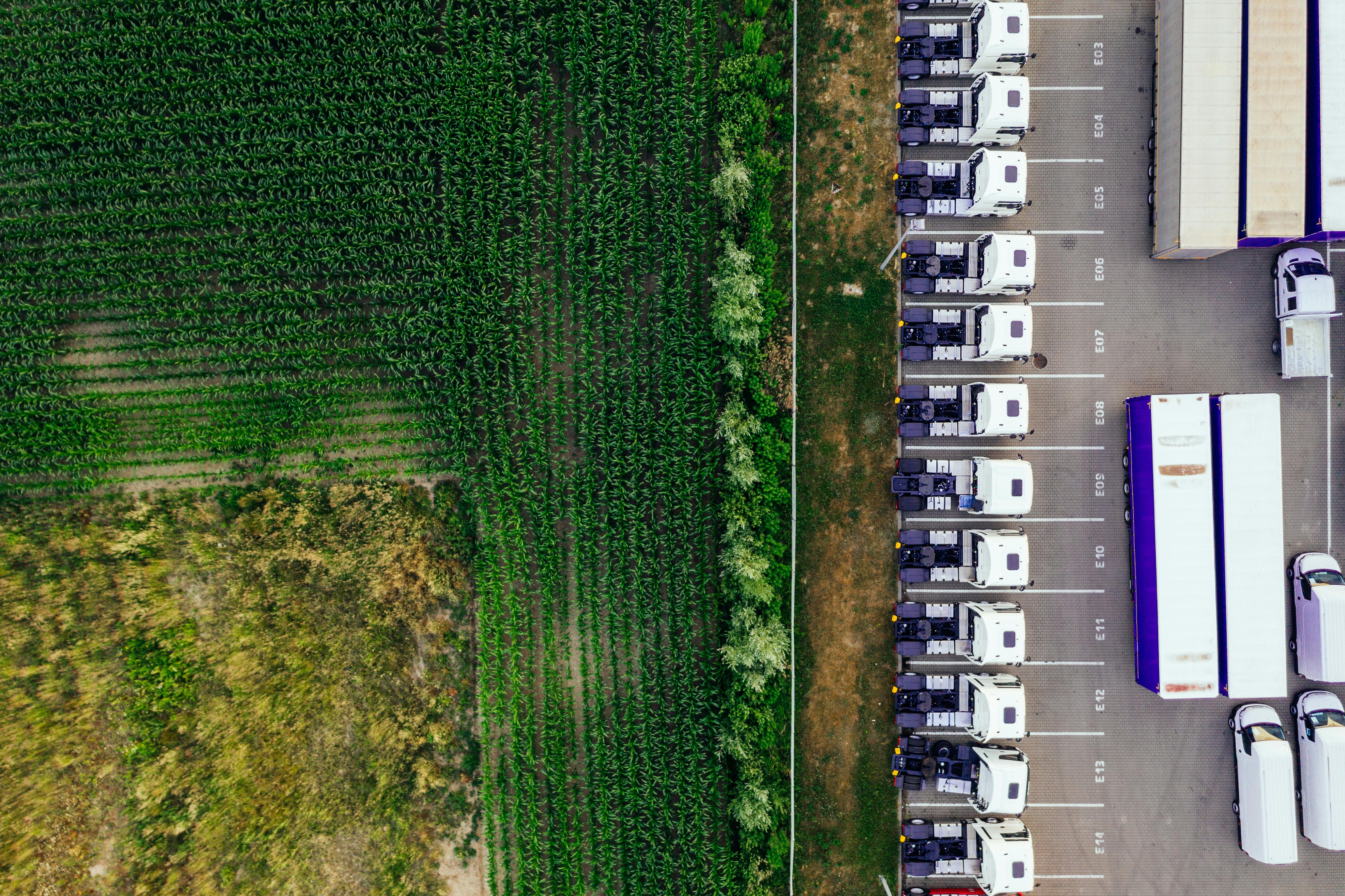
What will be the concrete outcomes?
Danube Indeet will contribute to the resolution of these challenges by conducting legal and technical analyses, creating complex models based on data collected by partners, exploring economic and societal opportunities, drivers and barriers and ultimately taking up these results by proposing evidence-based policy recommendations and a strategical framework for the Danube Region.
During the project, local infrastructure frameworks will be analysed in each participating region and already existing approaches for renewable energy integration will be examined. The data feeds in to a computation model based on mathematical optimisation to obtain ideal green infrastructure setup in terms of operation and economics. The model will be tested, validated and refined in six pilot regions as well as against theoretical scenarios. The results combined with the conclusion of the analysis of the legal framework provide ample basis for policy recommendations and the strategy for integrated energy and transport systems in the Danube region. To ensure embedding of project outcomes, further investigations will be conducted into the acceptance factors and levels behind V2G, hydrogen applications and other concepts touched upon by the project. These results will be disseminated, discussed and further taken up in the frame of policy cooperation and networking activities, thus contributing to a greener, more energy efficient Danube Region.
News & Events
Read the most recent updates and explore the upcoming events.
Project overview
Need any help? Contact us!

Balázs Kiss
Project communication manager

Anna Kolb
Project manager

